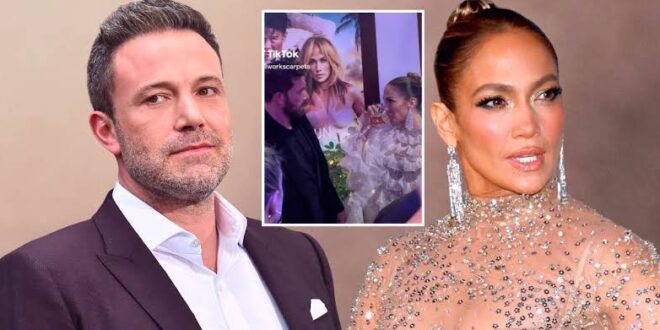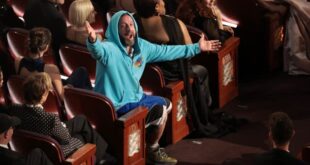The bidding war that erupted over a Daily Beast story published July 28 about a decadelong scam involving the McDonald’s Monopoly contest has resulted in one of the most lucrative rights deals for a single article, sources with knowledge of the deal tell The Hollywood Reporter.
In the end, it was 20th Century Fox and Ben Affleck and Matt Damon‘s Pearl Street Films’ bid of $1 million — a huge sum for an 8,700-word web feature — that beat out other bids from Universal, Netflix and Warner Bros.
Affleck has committed to directing the project, with Damon set to star, presumably in the central role of antihero Jerome Jacobson. An ex-cop hired to oversee security on the sweepstakes, Jacobson started a side hustle selling high-value playing pieces — including many $1 million prizes — to a wide network of colorful and unsavory types.
But the beneficiary of the McScam movie deal earned his paycheck the honest way: by delving into one of the strangest, funniest and most gripping capers in American history. He is Jeff Maysh, an L.A.-based journalist and true-crime author. Maysh spoke to THR about how he broke the biggest story of his career and the McMadness that has accompanied its publication just six days ago.
I think it was a nice break from the Trump news cycle. But as others have pointed out, this story was about an arrogant man who thought he was above the law, but who was eventually captured by the FBI. The theme of the story is that justice prevails.
A couple of years ago the film producer David Klawans gave me an old news clipping and various research about the case. He said this should be my next article. Klawans also discovered the true story behind Argo. He is a narrative savant, who locates these amazing, untold true stories. He also gave me the idea for my book The Spy With No Name, which was optioned by Fox Searchlight, and “A Catfishing With a Happy Ending,” an article I wrote for The Atlantic which also went viral, and was picked up by Netflix. Among many other stories.
It took six months to get the court documents. They flew them from the National Archives and Records center to a courthouse in Jacksonville, Florida. Normally, I’d scan them using an app, but no phones were allowed, so I had to manually photocopy seven boxes of papers. I flew back to L.A. with 25 pounds of documents, but what I got was a treasure trove — transcripts of very emotional, sometimes comedic confessions. Also, I knew I was onto a great story when one of the convicted winners told me: “McDonald’s didn’t want anyone to know the mob was involved.”
I started “collecting string” on this story back in 2016. The reporting process is very slow for a project like this. I started seriously reporting late last year, and I flew to Jacksonville in April this year. I spent four months writing it. Emotionally, it was a roller coaster, trying to get various people to talk. I spoke to FBI investigators, McDonald’s historians, dozens of staff from the printing company and the marketing company. And even a former Ronald McDonald clown.
There were over 50 defendants in the trial, so I couldn’t talk to everyone. But after about a year of reporting, everyone knew I was on the case. One of the super-recruiters [people Jacobson recruited to distribute game pieces in a wide geographic area in an attempt to avoid suspicion] was a convicted drug trafficker. He’d gone on the run for 16 months. I thought he would never talk, but one day my phone rang and it was him. He gave one of the funniest, more candid interviews.




